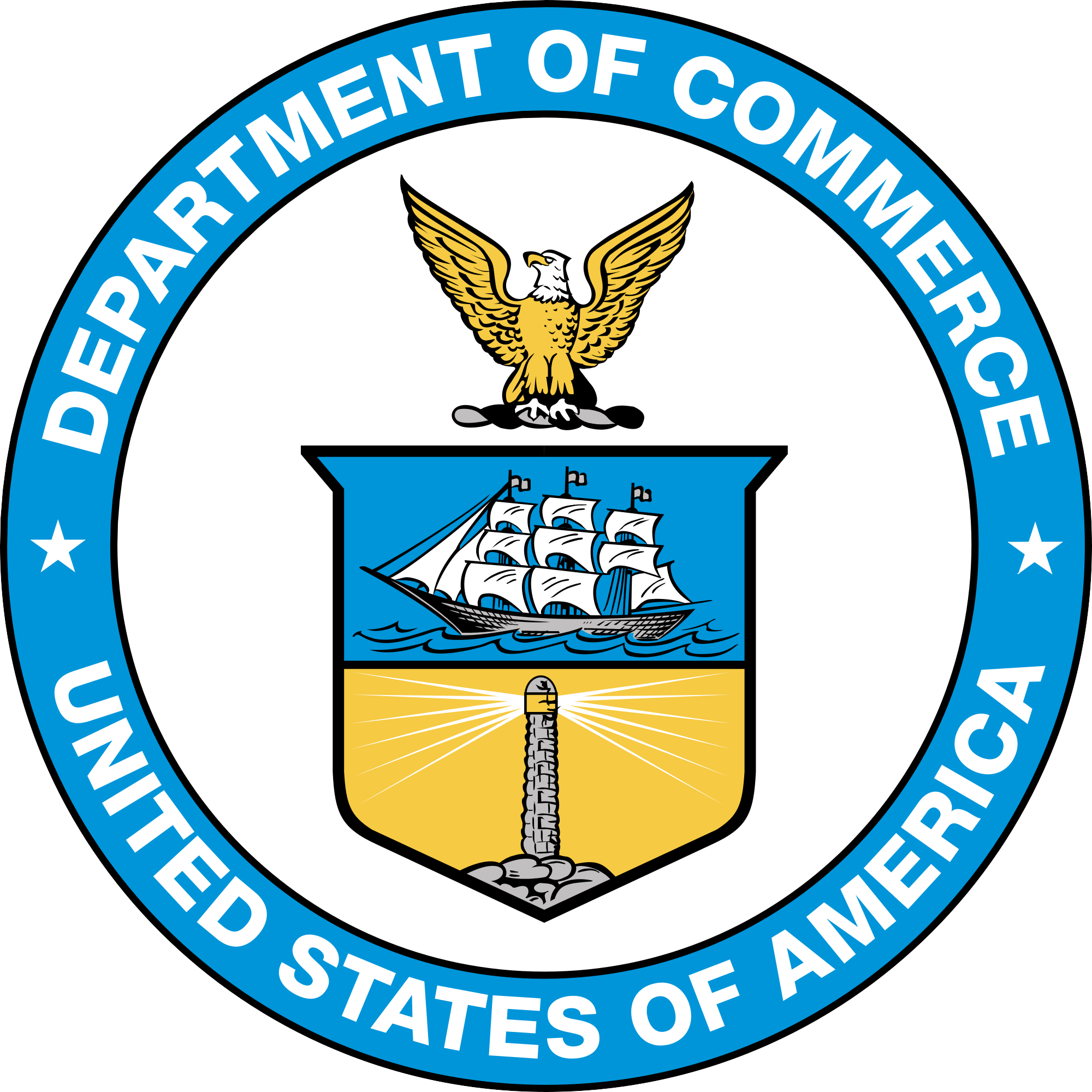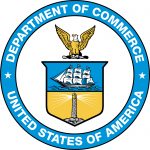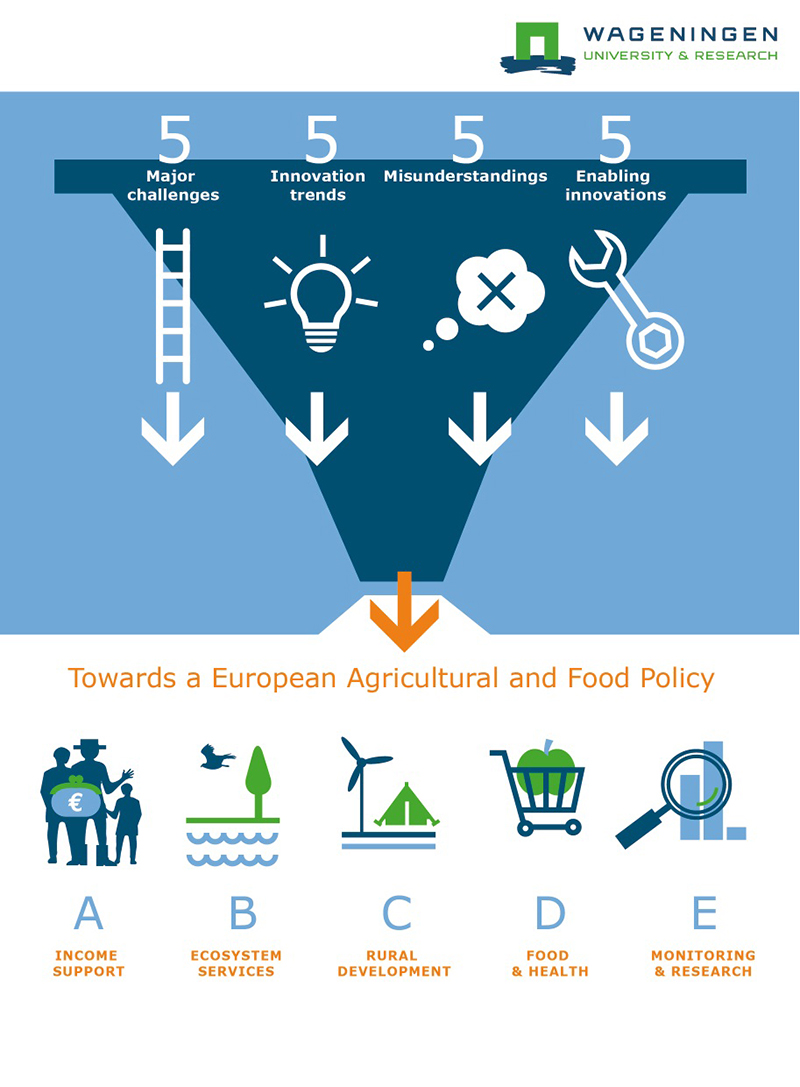Last week several leading organizations in the food industry gathered to discuss trends and key issues facing the industry at The Wall Street Journal Global Food Forum. From the GMO debate to small farming and humane practices to sugar preferences, it’s clear that consumer demand for more control over what they’re consuming will continue to drive industry practices and future policies.
Industry leaders will gather at the 2016 Food Safety Consortium, December 5–9 in Schaumburg, IL | LEARN MOREAgriculture in the Global Landscape
The agricultural sector is often one of the most protected markets, according to Darci Vetter, ambassador and chief agricultural negotiator at the Office of the U.S. Trade Representative. Vetter strongly advocated for moving forward with free trade agreements in the United States for fear of falling behind in such a competitive global market.
When the audience was asked which country would see the biggest increase in agricultural exports in coming years, 40% selected China. To this observation, Vetter commented that while China has invested a great deal into basic research in the field of agriculture, the country has not been able to turn discoveries into viable technologies for farmers.
“China’s vision of national security is very much tied to food security.” – Darci Vetter, ambassador and chief agricultural negotiator at the Office of the U.S. Trade Representative
Antibiotics: Not in My Chicken
As industry faces unprecedented scrutiny from consumers, the use of antibiotics in livestock remains a hot button issue. Nearly 15 years ago, Perdue Farms saw evidence that consumers were concerned about antibiotics, and the company has made significant strides to reach today’s slogan, “No Antibiotics Ever”. This means that 100% of the chickens are not receiving antibiotics unless they’re sick, which is about 5%, according to company Chairman Jim Perdue. Measures the company has taken to reduce the incidence of illness in birds includes wiping every egg that comes into a hatchery with a baby wipe (Perdue says that the company is the biggest user of baby wipes); using herbs such as oregano in feed, because it has been shown to help condition the gut; and engaging in “chicken playtime” (a controlled atmosphere for chickens to play), which is said to reduce stress in chickens.
Debating GMOs and Technology
In order to address the growing population, industry must look at the entire suite of tools available, said Vetter. According to Mike Frank, senior vice president and chief commercial officer of Monsanto Co., 60–70% more food needs to be produced to feed the future population. Global warming, affordability and consumer education are just a few challenges that farmers face while trying to improve productivity and efficiency. This is where technology plays a key role, said Frank. Industry needs innovation to address the challenge of producing more food and managing the environmental footprint.
“We need every farmer, whether organic or not, to be successful.” – Mike Frank, senior vice president and chief commercial officer, Monsanto Company
Frank predicts that big data will dramatically change agriculture within the next five to six years by allowing farmers to farm by the square meter, thereby improving productivity in areas such as seeding and pest management. Farmers will also be able to leverage data to gain a better understanding of soil conditions and weather, and how it will ultimately impact their harvest.
Closing the Food Safety Loop
“Food safety doesn’t magically happen,” said Frank Yiannas, vice president of food safety at Walmart. He emphasized how companies must work hard to reduce risk early in the process, citing Walmart’s guiding principles: Is it safe? Is it affordable? Is it sustainable? He also touched on the company’s program to reduce the incidence of Salmonella in chicken parts and how companies should approach risk not just from the scientific point of view but also consider the regulatory requirements and perceived risk in making risk management decisions.
“We as leaders need to shift the conversation and let food unite us.” – Frank Yiannas, vice president, food safety, Walmart
The discussion between FDA commissioner Robert Califf, M.D. and Susan Mayne, director at CFSAN, focused more on chronic disease and healthy eating, however Califf expressed a need for more interrelated data sources within FDA. He also encouraged that industry conduct more research to ensure that decisions are based on good evidence.












